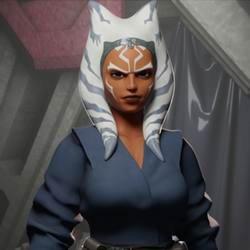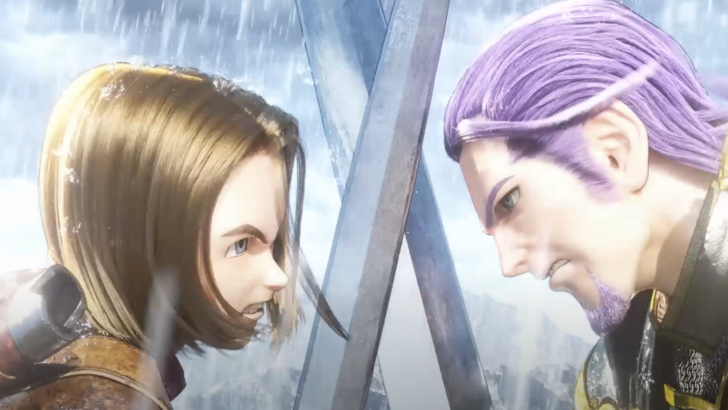
RPG veterans Yuji Horii and Katsura Hashino, creators of Square Enix's Dragon Quest and Atlus' Metaphor: ReFantazio, respectively, offer insightful perspectives on the enduring—and evolving—role of silent protagonists in modern RPGs.
Dragon Quest's Silent Protagonist: A Modern Challenge
The Silent Protagonist: An Increasingly Rare Sight
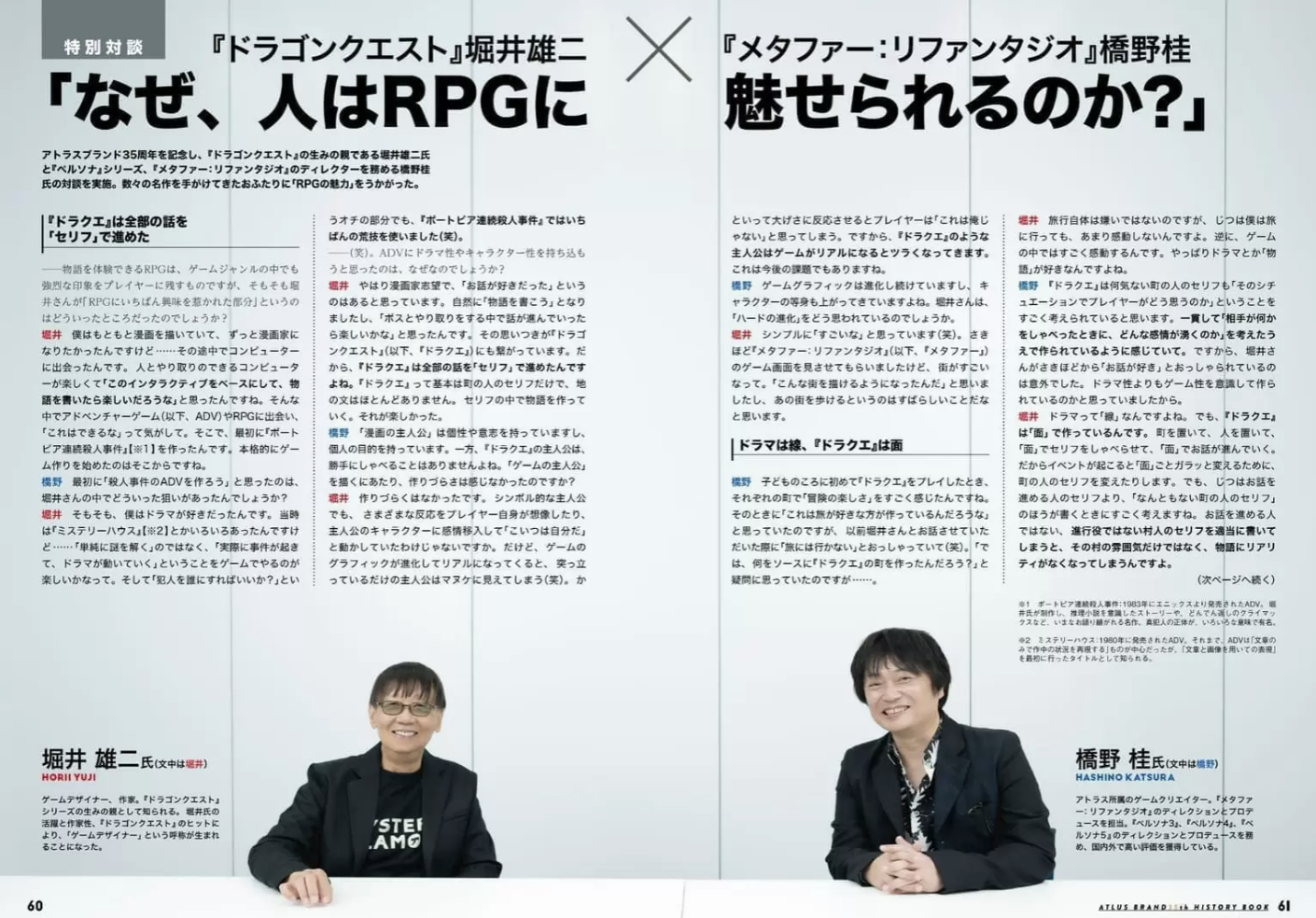
In a fascinating exchange featured in the Metaphor: ReFantazio Atlas Brand 35th Anniversary Edition booklet, Dragon Quest creator Yuji Horii and Metaphor: ReFantazio director Katsura Hashino discuss the challenges of modern RPG storytelling. Their conversation highlights the unique position of Dragon Quest, a series built upon the foundation of a silent protagonist, or as Horii describes it, "the symbolic protagonist." This approach allows players to deeply immerse themselves, projecting their own feelings and reactions onto the character. The silent protagonist acts as a blank canvas, interacting primarily through dialogue choices rather than spoken words.
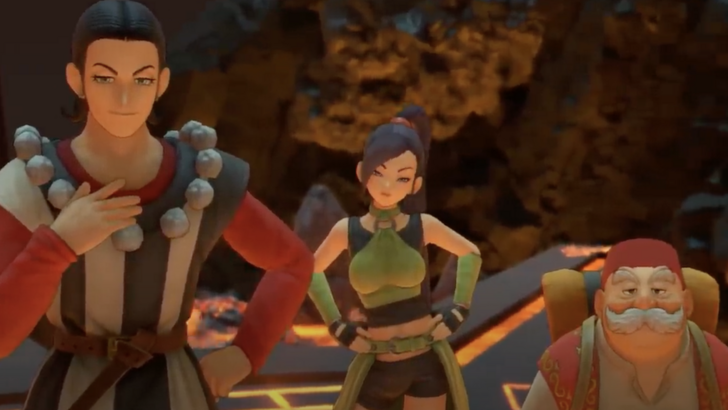
Horii explains that the simplicity of earlier game graphics—lacking detailed expressions and animations—made the silent protagonist a natural choice. "As game graphics evolve and become increasingly realistic," he quips, "if you make a protagonist who just stands there, they'll look like an idiot!"
Drawing on his background as an aspiring manga artist, Horii reveals that his passion for storytelling and computers led him to game development. Dragon Quest's core design, centered on story progression through interactions and dialogue with townspeople, reflects this passion. "Dragon Quest basically consists of dialogue with townspeople, with very little narration," he explains. "The story is created using the dialogue. That’s what’s fun about it."
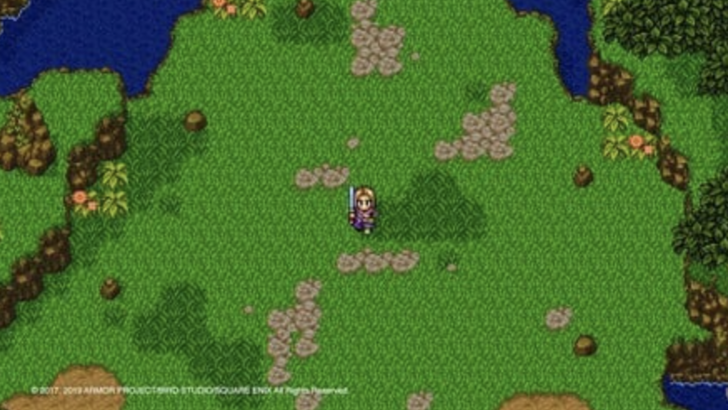
However, Horii acknowledges the challenges this approach presents in the age of hyper-realistic graphics. The minimalist visuals of the NES era allowed players to easily fill in the emotional gaps. But with increasingly detailed visuals and audio, maintaining the effectiveness of a silent protagonist becomes significantly more difficult. "That’s why the type of protagonist featured in Dragon Quest becomes increasingly difficult to depict as games become more realistic," he concludes. "This will be a challenge in the future too."
A Player-Centric Approach: Hashino's Perspective
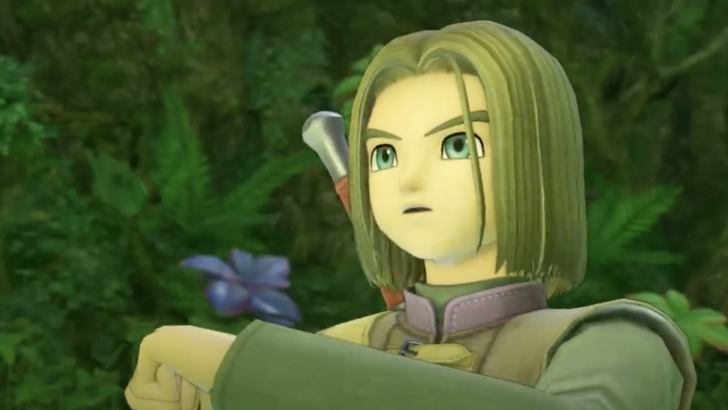
Dragon Quest's continued use of a silent protagonist stands in contrast to many other major RPG franchises, such as Persona, which features fully voiced protagonists. Hashino's Metaphor: ReFantazio will also utilize a fully voiced protagonist.
Despite the challenges, Hashino praises Horii's approach, highlighting the emotional intelligence built into Dragon Quest's design. "I think Dragon Quest puts a lot of thought into how the player will feel in a given situation," Hashino observes, "even when it's to do with a regular townsperson. I feel like the games are consistently created with the player in mind, thinking about what emotions will arise when someone says something."
 Home
Home  Navigation
Navigation






 Latest Articles
Latest Articles
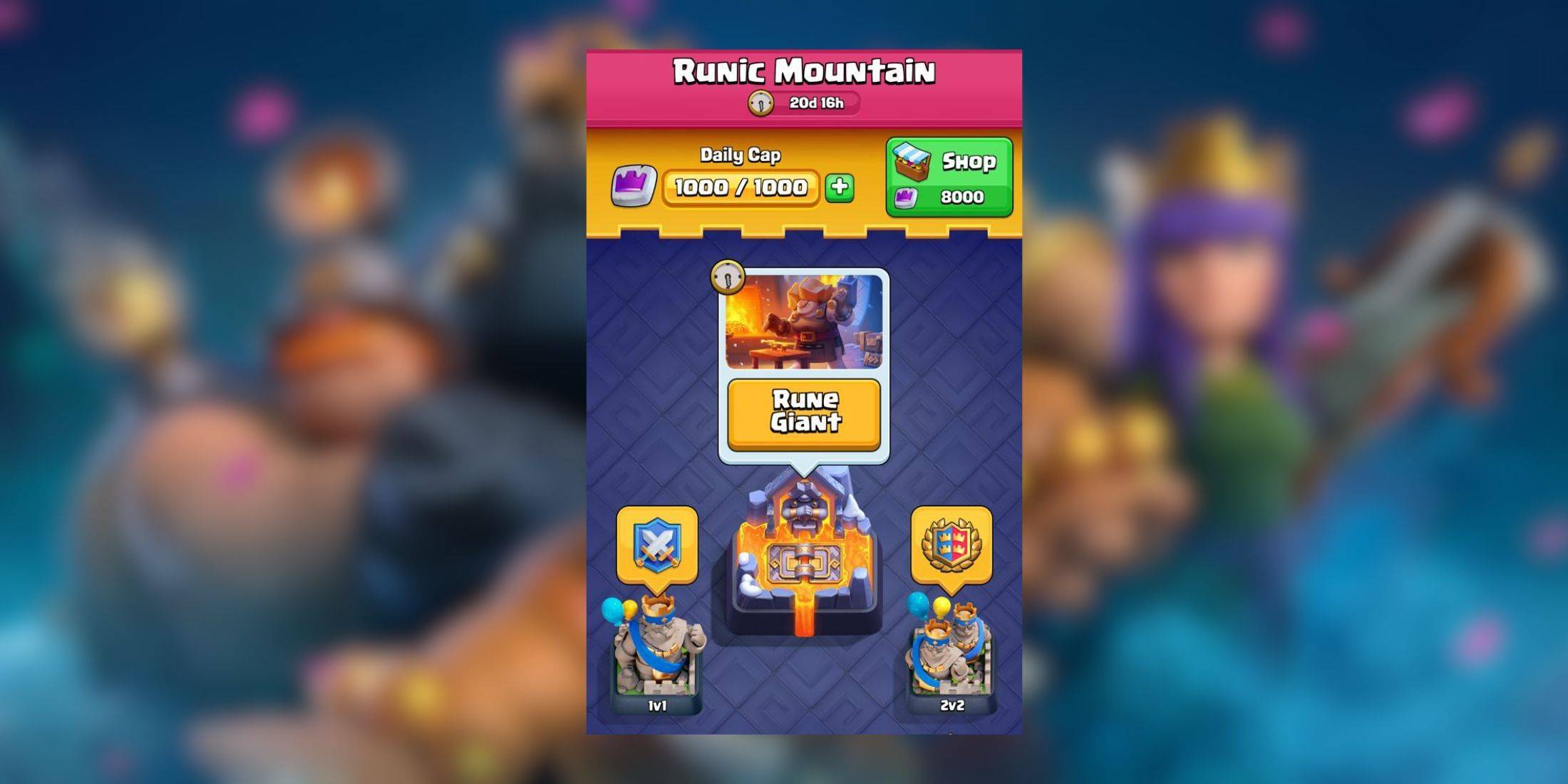









 Latest Games
Latest Games




